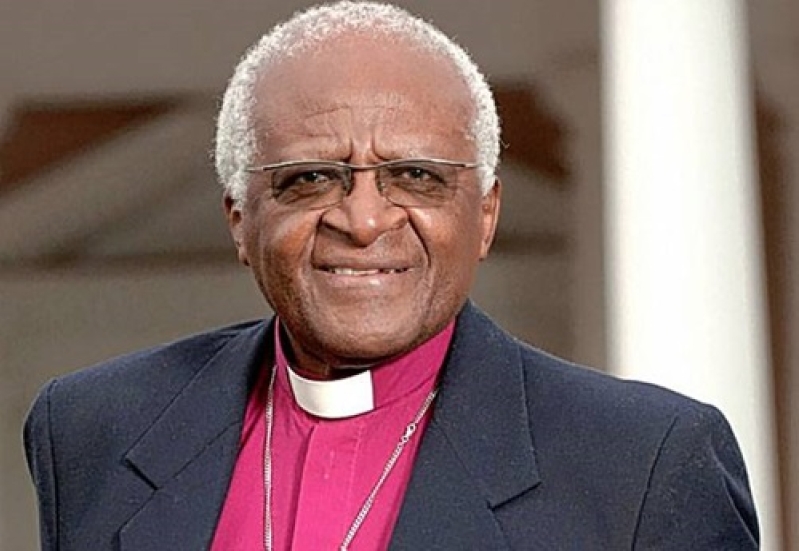
Former South African Anglican Archbishop Desmond Tutu has made several comments in support of same-sex unions, which rail against the word of God. At a gay rights campaign in South Africa, he said, “I would refuse to go to a homophobic heaven … I mean I would much rather go to the other place… I would not worship a God who is homophobic and that is how deeply I feel about this.”
Tutu is a retired Archbishop of an Anglican church in South Africa. He won the Nobel Peace Prize in 1984, and has been applauded for his opposition to the Apartheid laws in South Africa. He has taken stances on social issues that are not Biblical, however, and is criticized by those who revere God’s word as profitable for teaching, for correction, and for training in righteousness (see 2 Timothy 3:16).
Miriam Webster defines “homophobic” as the “irrational fear of, aversion to, or discrimination against homosexuality or homosexuals.” While God is obviously not afraid of homosexual practice, He has more than an aversion to it (see 1 Timothy 1:8-11), as He does to any and every sin. He calls homosexual practice “dishonorable passions … contrary to nature” and “an abomination” (see Romans 1:26-32 and Leviticus 18:22). It would seem that Tutu would prefer not to submit to God’s word in these matters.
In his book, “God is Not a Christian: And Other Provocations,” Tutu wrote, “Churches say that the expression of love in a heterosexual monogamous relationship includes the physical … the totality of our love makes each of us grow to become increasingly godlike and compassionate. If this is so for the heterosexual, what earthly reasons have we to say that it is not the case with the homosexual?” He continued, “The Jesus I worship is not likely to collaborate with those who vilify and persecute an already oppressed minority.”
God has defined homosexual practice as a sin, one that Jesus died to cleanse us from. When we receive Christ as our Savior and Lord, He lovingly points us away from sin – He does not let us revel in what is unholy. God’s word has a way of addressing our sin in a gentle, honest, and cutting way – it is “living and active, sharper than any two-edged sword, piercing to the division of soul and of spirit, of joints and of marrow, and discerning the thoughts and intentions of the heart” (English Standard Version, Hebrews 4:12b). While this sanctification often takes much time, the Holy Spirit helps us to walk more and more in the path of righteousness until we go home to be with the Lord.
Tutu also implied that same-sex attraction is caused by genetics and that people who practice homosexuality are being persecuted for something that they cannot help. In his book, he equated the modern-day treatment of those who practice homosexuality to that of the South Africans’ segregation and persecution under the Apartheid legislation because of their skin color. During that time, homosexual practice was a crime punishable by up to seven years in prison. After the legislation was ended, same-sex unions were legalized in the country.
Whether or not some people are genetically predisposed to same-sex attraction – even as men are often attracted to women who are not necessarily their wives – to act on that sexual attraction is a choice. Just as we do not celebrate adultery, those who follow Christ should not support homosexual practice.
The most important thing to remember is that Jesus died so that those who rebel against God’s commands in any capacity – and we all do – can receive Him as Lord and Savior and be forgiven for our every sin (see 1 Timothy 1:12-16).






